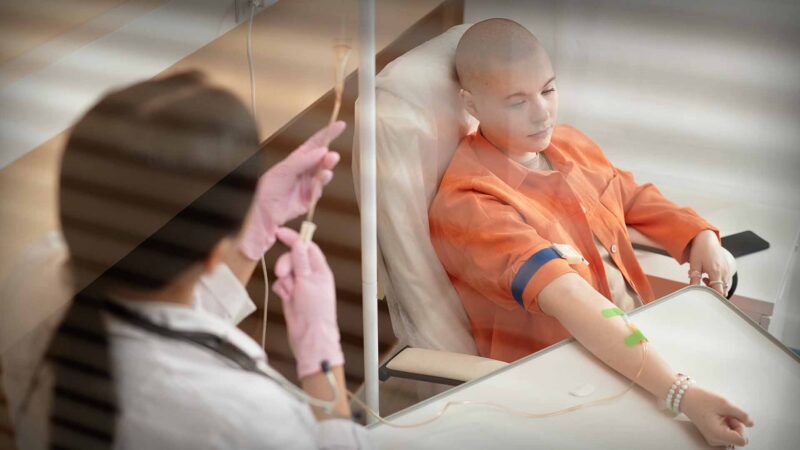Social isolation refers to limited social contact and interaction with others, resulting in feelings of loneliness and disconnection. It disproportionately affects the elderly due to factors like loss of friends and family, retirement, reduced mobility, ageism, and limited access to technology. The elderly are at higher risk of social isolation as they may experience a shrinking social circle and face barriers to social participation. Social isolation has significant detrimental effects on their mental and physical well-being, leading to increased rates of depression, anxiety, cognitive decline, and reduced quality of life. Addressing social isolation among the elderly is crucial for promoting their overall health and happiness.
Social prescribing is a healthcare approach that recognises the importance of social factors in overall well-being. It involves connecting individuals with non-medical activities and community resources to improve their health and quality of life. Healthcare professionals, such as doctors or social workers, “prescribe” activities like art classes, gardening, exercise groups, or support groups, which can address underlying social determinants of health and promote holistic well-being. By addressing social isolation, mental health, and lifestyle factors, social prescribing aims to enhance individual health outcomes and reduce the burden on healthcare services.
Social prescribing provides support in various areas of people’s lives, leading to increased confidence, improved navigation of systems, and enhanced friendships and trust in healthcare, while communities should be designed in an age-friendly way to prevent isolation.
In Part 2 of the Models of Care on Social Prescribing, Australian Health Journal spoke to 4 people involved in the Connect Local program under the Connecting Communities to Care 4 year program. The free program for over 65’s promotes wellbeing through social connection and is underway in the Glen Eira community in Melbourne.
- Deidre McGill, Executive General Manager, At Home Support, Bolton Clarke
- Ann Van Leerdam, Connect Local Community Connector, Bolton Clarke
- Dr Rajna Ogrin, Senior Research Fellow, Bolton Clarke Research Institute, Bolton Clarke
- Dr Daniel Fineberg, Deputy Director General Medicine, Alfred Hospital, Victoria
Also to watch
In Part 1 of the Models of Care on Social Prescribing, Australian Health Journal spoke to 4 people advocating for social prescribing in Australia.
Produced with assistance from Australian Primary Health Care Nurses Association (APNA) and Bolton Clarke
You Might also like
-
Mission to raise awareness of sarcoma and need for clinical trial funding
Sarcoma, a rare and aggressive cancer, remains the deadliest cancer for children and young adults, accounting for nearly one third (30%) of cancer-related deaths among those aged 15–24 and one tenth (10%) of those aged 0–14. Further, still severely under-diagnosed, sarcoma only accounts for one sixth (15%) of all cancer diagnoses in the 15 – 24 age group, and less than a tenth (8%) among children under 10.
-
Emerging researcher appointed to James Packer Chair in Mood Disorders at UNSW
The UNSW Discipline of Psychiatry and Mental Health is widely renowned as the pre-eminent psychiatry research department in the country and one of the leading university psychiatry research groups internationally. In 2023 it celebrated 60 Years of Psychiatry & Mental Health at UNSW Sydney.
Australian Health Journal spoke with Professor Kimberlie Dean, Head of the Discipline of Psychiatry and Mental Health at UNSW Sydney, about the recent appointment of mental health disorders expert and clinician researcher Dr Aswin Ratheesh to lead the James Packer Chair in Mood Disorders at UNSW Sydney. -
Journey of an ICU Nurse on International Nurses Day 2025
Kate Leigh is a clinical nurse at the Sir Charles Gairdner Hospital Intensive Care Unit in Perth, Western Australia, with seven and a half years of experience in intensive care, having started her career in London as a new graduate nurse. Initially focused on haematology, she found herself drawn to ICU after meeting a confident and knowledgeable nurse during a discharge. Inspired by his expertise and assuredness, Kate decided to pursue a transfer to Critical Care after seeing an internal advertisement that highlighted educational opportunities and professional development programs.



